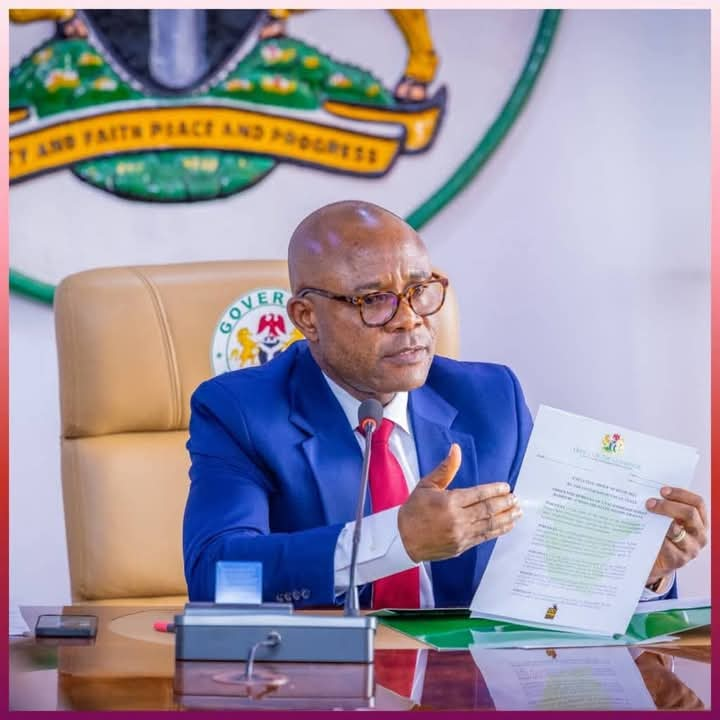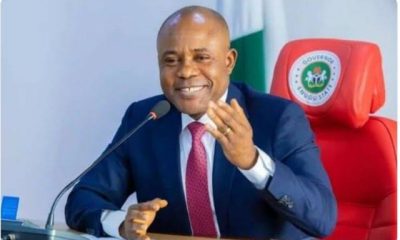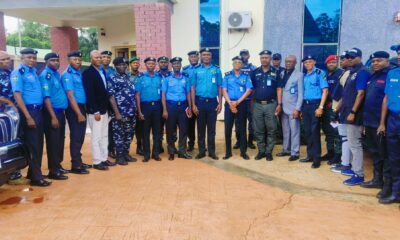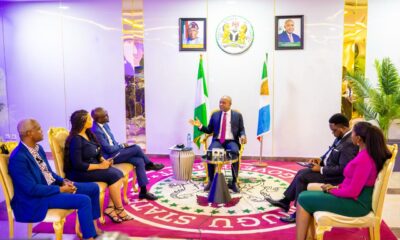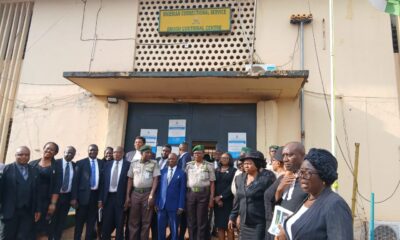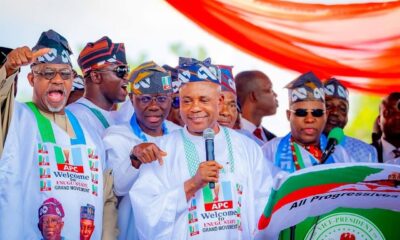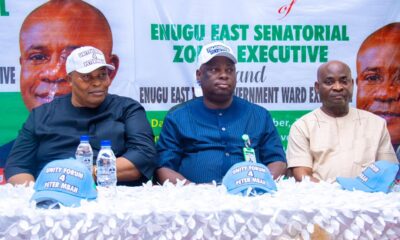The Governor of Enugu State, Dr. Peter Mbah, has declared that Enugu is emerging as Nigeria’s next major investment capital, urging Nigerians in the diaspora to seize the unprecedented economic opportunities unfolding in the state.
Governor Mbah made the assertion at the 8th Nigeria Diaspora Investment Summit, where he delivered a goodwill message anchored on the event’s theme, “Fast-Tracking Regional and National Growth through Diaspora Investment.”
Addressing participants, Governor Mbah, who was represented by the Commissioner for Trade, Investment and Industry, Dr. Sam Ogbu-Nwobodo, described diaspora investors as the critical link between national aspirations and actual transformation, stressing that their capital, expertise and global networks have shaped economic progress across nations.
“You are the bridge between opportunity and realization,” he said, calling on them to explore the fast-expanding sectors of energy, technology, agribusiness, real estate and infrastructure in Enugu.
He restated the administration’s audacious economic agenda, which includes growing Enugu’s GDP from $4.4 billion to $30 billion within eight years, placing the state among Nigeria’s top three economies and achieving a zero-poverty rate.
These targets, he noted, are not fanciful projections but deliberate commitments backed by reforms, investment-friendly policies and a clear development blueprint.
Mbah highlighted sweeping reforms in ease of doing business, including the signing of new property and business-related laws and the streamlining of regulatory processes.
He emphasized that land titles can now be obtained within 72 hours through the Enugu Geographic Information System (ENGIS), a feat he described as transformative for investors.
“Private investment should never feel like a leap of faith. Our job is to de-risk business and give investors confidence,” he said.
On infrastructure, the governor noted that Enugu is experiencing its most aggressive development in decades, citing the dramatic rise in daily water supply from 2 million liters to 120 million liters following targeted interventions.
He described uninterrupted water supply as a “basic foundation for productive economic life,” and a non-negotiable component of his administration’s modernization drive.
Security, he stressed, remains central to the state’s economic vision. The establishment of a Distress Response Squad, a statewide CCTV network and a 24/7 artificial intelligence–enabled Command and Control centre has strengthened the state’s surveillance and response capability.
“Few things drain the life out of a city like insecurity. We made a choice that Enugu must be safe for residents, businesses and millions of annual visitors,” he said.
The governor underscored education as the backbone of the state’s poverty-eradication strategy, noting that Enugu allocates 33 percent of its annual budget to education, the highest per capita in the country.
He pointed to the Smart Green School project as a hallmark of this commitment. Each school features digital teaching tools, robotics and AI laboratories, multimedia libraries, studios, science labs and hundreds of learning tablets, designed to prepare students for a knowledge-driven global economy.
On energy reforms, Mbah reiterated that Enugu is the first sub-national entity in Nigeria to attain full regulatory control of its electricity market following the enactment of the Enugu State Electricity Law and the establishment of the Enugu Electricity Regulatory Commission.
This, he said, positions the state for significant private-sector investment across the power value chain.
He also detailed advancements in transportation infrastructure, including the development of five modern bus terminals and the completion of more than 400 urban and inter-urban roads. He said the goal is to create a modern mobility network that enhances commerce, reduces travel time and improves the overall standard of living.
A major highlight of the address was the unveiling of the New Enugu Smart City, which he described as the centrepiece of the state’s economic renaissance and one of the most ambitious urban development projects in Nigeria.
Spanning over 9,000 hectares and projected to house 150,000 residents, the Smart City features mixed-use residential districts, ecological resorts, corporate headquarters, an industrial innovation park, cultural attractions, sporting arenas and a world-class ICT incubation hub.
The project is being developed in partnership with China Communication Construction Company (CCCC) and a global consortium of project managers and engineers to ensure world-class construction standards and timely delivery.
“What we are building is not just a city—it is Nigeria’s newest economic frontier,” the governor declared.
Governor Mbah invited Nigerians in the diaspora to explore the state’s rapidly growing sectors and partner with the administration in building a vibrant, globally competitive economy.
He expressed confidence that the summit would catalyse new collaborations capable of accelerating regional and national development.

 NEWS2 years ago
NEWS2 years ago
 MUSIC4 years ago
MUSIC4 years ago
 MUSIC4 years ago
MUSIC4 years ago
 MUSIC2 years ago
MUSIC2 years ago
